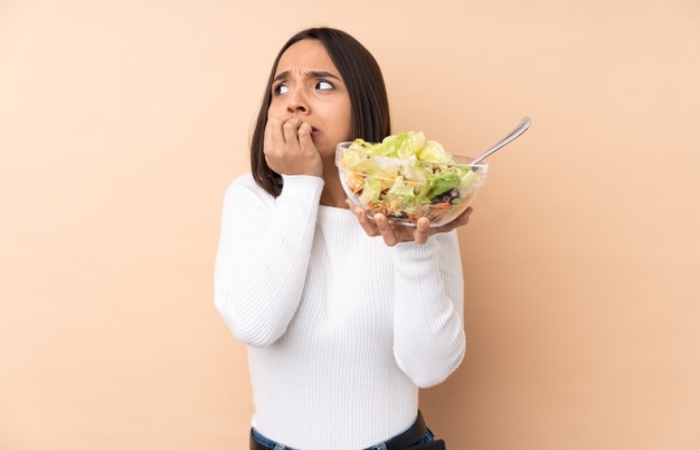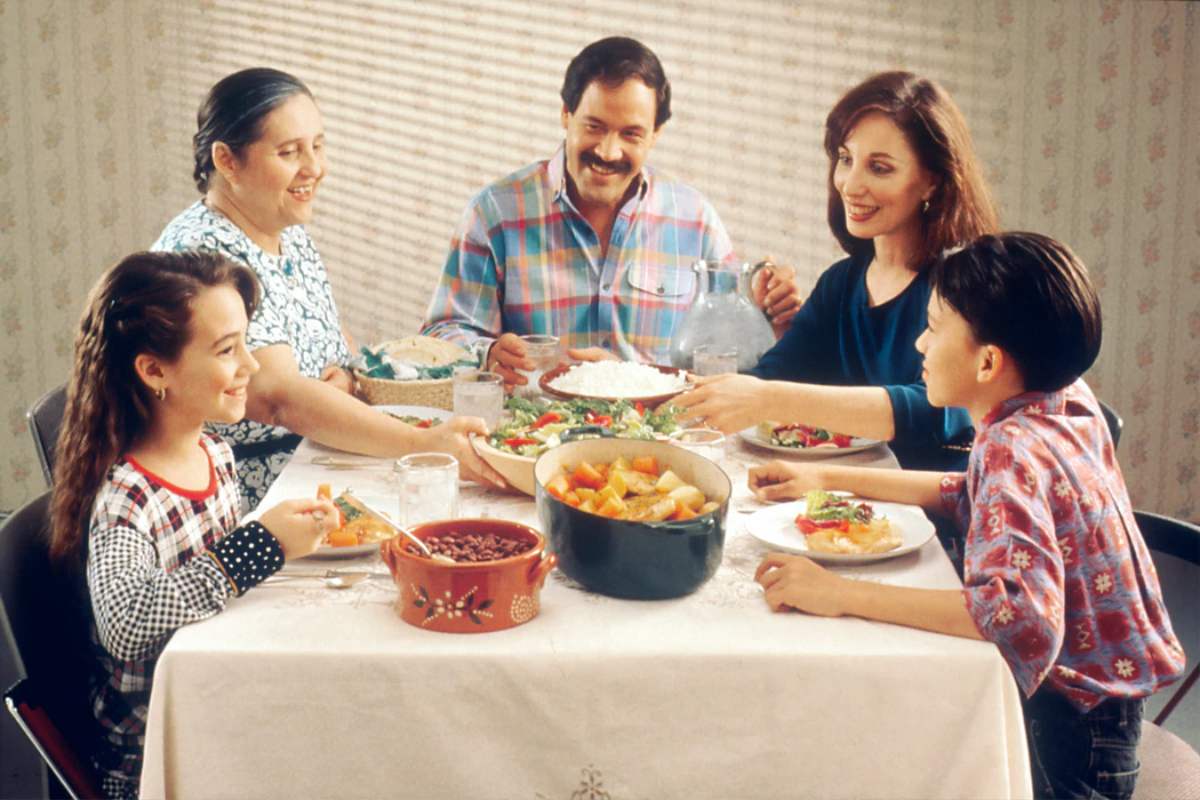The authorities’ quarantine processes to contain the spread of the coronavirus are forcing us to stay at home, altering our daily routine. Now, for example, we are forced to cook all meals at home. In this sense, it is important to establish dietary rules in order to eat healthy foods and avoid weight gain in quarantine.
Here are some instructions to help you eat healthy in quarantine:
- Plan your menu weekly or biweekly. In this way, you will make your grocery list without buying high-calorie foods. Limit your food to being at home, as you will not have visitors on these days.
- Avoid UHT foods (pre-cooked foods, industrial pastries, prepared sauces). These are easily canned foods, but they shouldn’t be part of our daily diet. If you don’t have them at home, you won’t be tempted to eat them.
- Replace sugary sodas (packed with empty calories) with water, herbal teas, or coffee. Observance of a good level of hydration is important. If you live with children or the elderly, make sure they are sufficiently hydrated.
- Choose stuffed foods like lean meats and fish, eggs, and dairy.
- Eat whole grains.
- Eat fruits and vegetables daily. Choose non-perishable fruits like apple or orange—frozen or boiled vegetables.
Avoid Anxiety About Eating
The obligation to stay in our home without enjoying the outdoors can cause us anxiety, which causes us to eat in an inadequate way and quantity to reduce it. It is advisable to keep the body and mind clean to avoid it. To do this, it is necessary to stay active, establish sports at home and dedicate time to your hobbies (reading, drawing, cooking). Mindfulness, meditation, or yoga can also help.

To avoid hunger attacks, it is also advisable to stick to fixed times for the day’s main mealtimes (breakfast, lunch, and dinner) and eat two more light meals in the middle of the morning and the afternoon. If the need for a snack still arises, opt for healthy foods, such as whole-wheat toast with tuna, yogurt with seeds and fruits, or pickles.
Adapt The Size Of Your Meal
Even if we exercise at home and avoid a sedentary lifestyle, we are more likely to move and burn fewer calories than we usually would. For this reason, it recommends reducing the portion size or select a plate. Prepare healthy mixed meals that include 50% cooked vegetables, 25% protein (legumes, fish, eggs), and the remaining 25% carbohydrates (rice, pasta, and whole wheat bread, potatoes).
Food and Covid-19
About coronavirus and food, it is not necessary to take special measures beyond extreme hygiene standards when handling food (wash hands before cooking, properly freeze and thaw food, keep surfaces clean, and utensils with which we cook).
Nowadays, many hoaxes and myths about supposedly magical foods and supplements for the immune system. That reduces the risk of infection circulate on the Internet and social networks. Ignore them. Follow our advice to maintain a healthy diet. You will not only avoid weight problems, but you will also help improve your immune system. And your body’s defences against external aggressions.
Finally, remember that grocery availability is guaranteed in supermarkets. And so there is no need for intrusive and exaggerated purchases.






